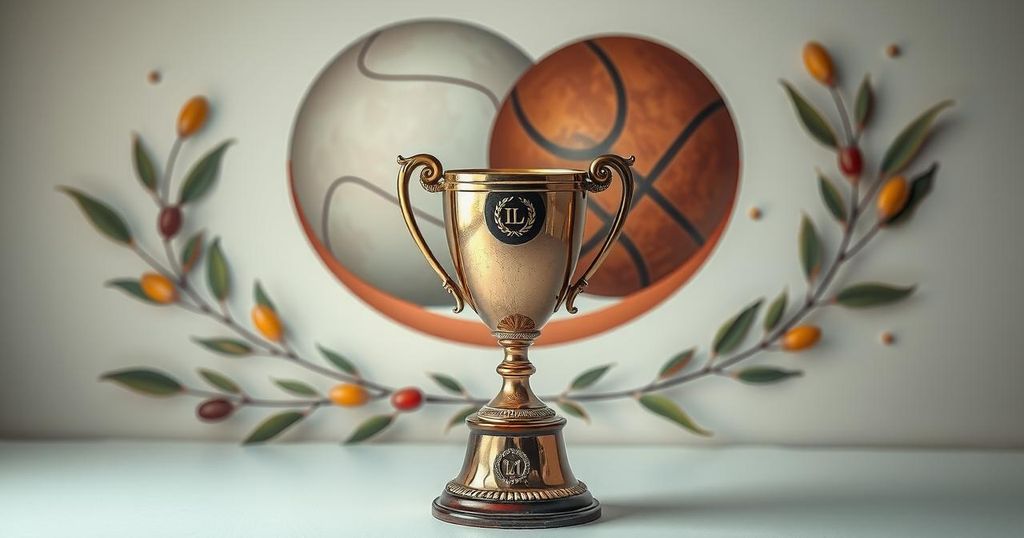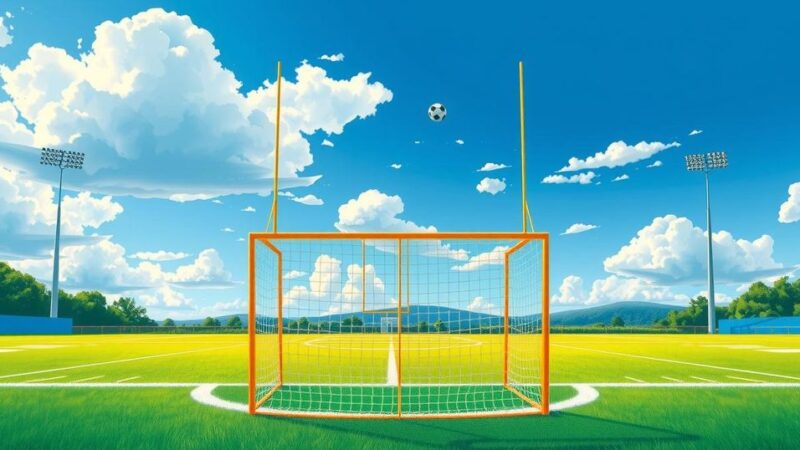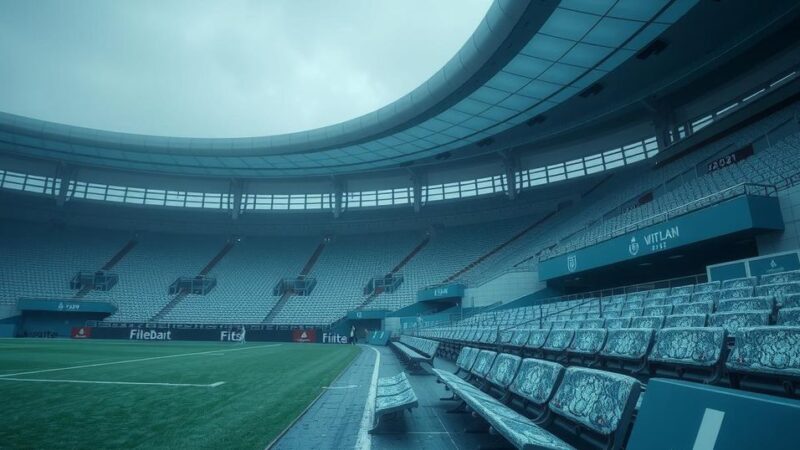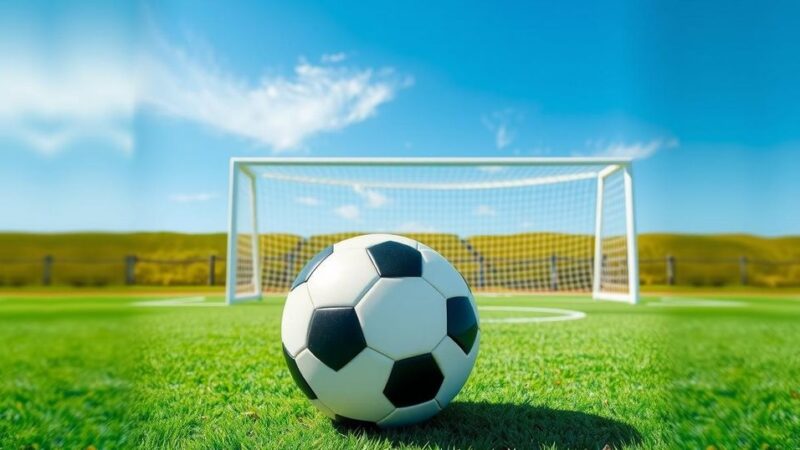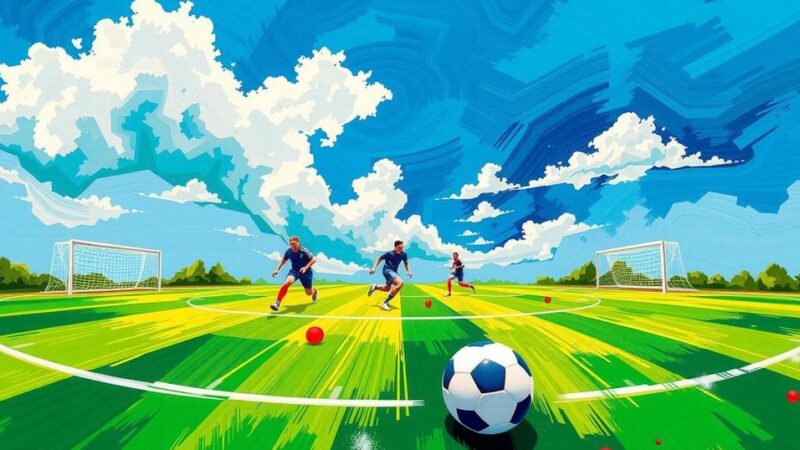The Algerian regime continues to manipulate the Court of Arbitration for Sport’s ruling to support its anti-Morocco agenda. After failing to overturn a match result favorable to Morocco’s RS Berkane, Algeria’s government questioned the Tribunal’s legitimacy. The ruling emphasized political neutrality in sports, with Algeria’s actions reflecting its persistent diplomatic failures regarding the Western Sahara dispute.
The Algerian government along with its media continues to manipulate the latest ruling by the Court of Arbitration for Sport (CAS) to support their continuous efforts against Morocco’s territorial claims. After failing to overturn a football match result in favor of Moroccan club RS Berkane, Algeria resorts to questioning the legitimacy of the Tribunal’s decision, suggesting it is influenced by geopolitical conflicts rather than actual sports outcomes.
In the initial stages of this conflict, Algeria attempted to deny RS Berkane their victory in the CAF Confederation Cup by subjecting Moroccan players to humiliation, such as seizing jerseys at the airport that displayed a map of Morocco, which included its southern territories. This reflects Algeria’s strict stance against any public display that recognizes Morocco’s sovereignty over Western Sahara, as the country supports the Polisario Front, a separatist organization promoting independence in that region.
When USM Alger, an Algerian club, was set to play the second leg of the competition in Morocco, it was boycotted upon Algeria’s insistence due to the symbolism in the Moroccan team’s jerseys. Consequently, the Confederation of African Football punished Algeria for their actions, confirming RS Berkane as the legitimate winners. The TAS ruling reiterated that the Moroccan club’s equipment complied with CAF and FIFA regulations, emphasizing that political content on jerseys is strictly prohibited.
The Tribunal’s decision also highlighted the unresolved nature of the Western Sahara, underscoring the necessity for political neutrality in sports. Algeria’s regime seized upon this acknowledgment, misrepresenting TAS’s legal positioning to falsely bolster its stance on the Western Sahara issue, despite CAS’s limited jurisdiction over political disputes, as established in previous rulings.
The United Nations remains the principal authority tasked with resolving Western Sahara, urging Algeria to participate in political discussions while France, Spain, and the US endorsing Morocco’s Autonomy Plan show growing international support for the Moroccan claim. In light of this, Algeria’s turn to sports as a means of promoting its position is considered a strategic diversion from its diplomatic failures, failing to engage in the UN-led peace efforts effectively.
Despite efforts to undermine Morocco’s territorial integrity, Algeria’s retreats illustrate its inability to secure international backing for the Polisario’s claims. A source stated, “Algeria’s celebrations of the TAS decision is a ventilation of the diplomatic defeats that have been accumulating at the continental level,” underscoring this sentiment. The ongoing sport-related conflicts expose the frail foundations of Algeria’s diplomatic strategies.
Algerian political analyst Oualid Kebir reaffirmed that such sports disputes mirror the political discord between the two nations. He noted that the court’s decision overlooked the negative portrayal of Algeria’s actions while affirming RS Berkane’s compliance, indicating a broader contest over national identity within sports. Ultimately, Algeria’s manipulation of the TAS ruling showcases its growing desperation in masking its diplomatic shortcomings.
Algeria’s politicization of sports serves as a facade for its failure to gain legitimacy in the international arena regarding the Western Sahara dispute. The TAS ruling reaffirmed Morocco’s football federation’s adherence to regulations, highlighting Algeria’s ongoing challenges in confronting Morocco on diplomatic fronts. As the UN emphasizes the necessity for dialogue in resolving this territorial dispute, Algeria’s reliance on sports as a battleground signifies a deeper shift in strategy that reflects its diplomatic isolation. Thus, the recent tensions surrounding the RS Berkane versus USM Alger match reveal Algeria’s political maneuvering, attempting to utilize sports to justify its territorial claims while sealing off any chance for productive negotiation on the core issues at stake.
Original Source: www.moroccoworldnews.com
